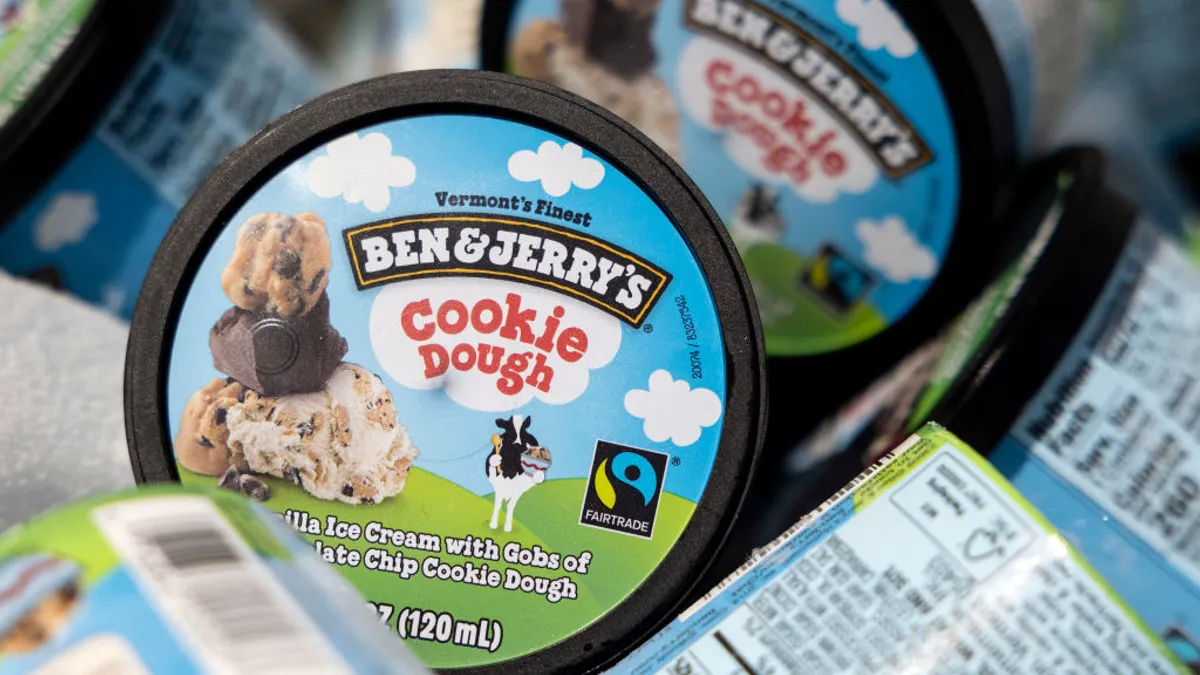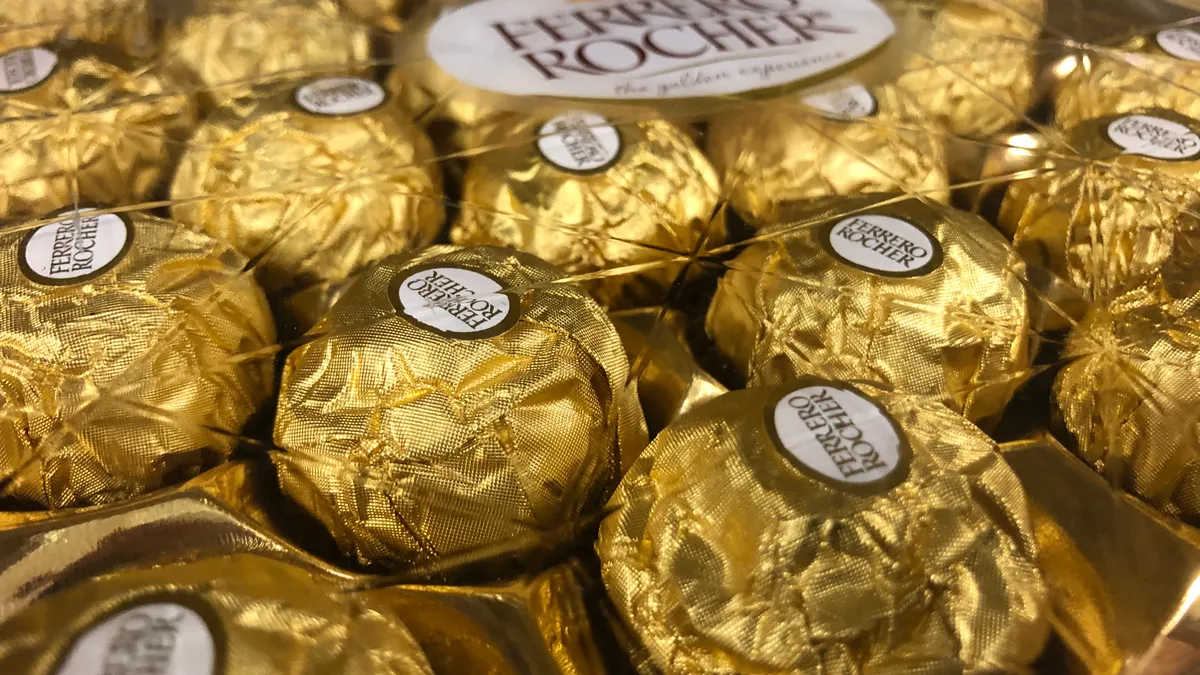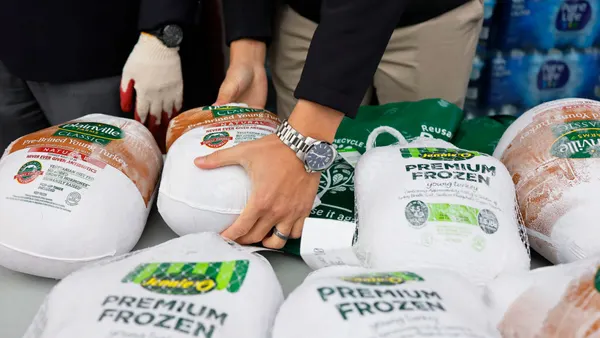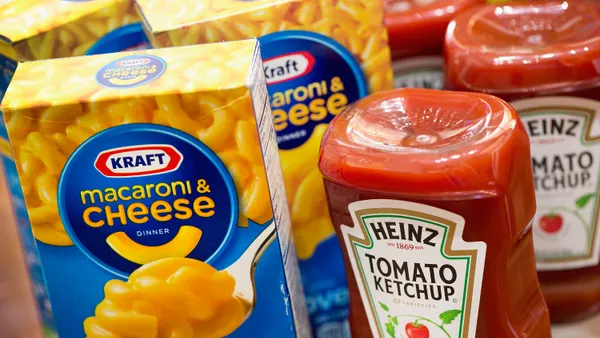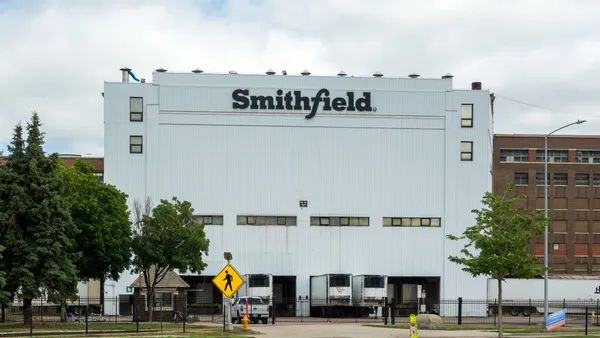Dive Brief:
- Consumer interest in cleaner methods of food processing is growing, reports Food Business News. Manufacturers are increasingly are looking at processes as cold brewing, cold pressing, fermentation, super-heated steam and high-pressure processing.
- These types of processing methods give consumers the perception that products using these techniques are more natural, according to the publication.
- Current products using these kinds of clean processing techniques range from non-alcoholic distilled and filtered soft drinks, to barrel-aged cocoa and teas, and a variety of cold-brewed teas and coffees.
Dive Insight:
Clean labels are all the rage, but consumer concern appears to be turning a bit toward how products are processed too. But most consumers probably don’t yet even know what these processes entail and how critical they’re becoming to food manufacturing today.
HPP has been used since the 1990s and can replace high-temperature processing techniques for foods and beverages. As its name implies, it uses extreme pressure to preserve taste and freshness and limit harmful pathogens. Because HPP runs cold, it doesn’t alter food taste, texture or quality. It doesn't need lots of chemicals for products to stay fresh. It can also extend shelf two or three times longer than traditional preservation methods. It’s particularly popular for raw juices.
To help consumers better identify products using HPP, a Cold Pressure Verified logo recently became available for members of the Cold Pressure Council who can verify that they properly use the process in their manufacturing.
Another process gaining traction is the use of super-heated steam, which involves turning steam into a dry gas. Super-heated steam may be used for the finished frying of a variety of product applications in order to produce products that are lower in fat, said TNO Innovation researcher Joost Blankestijn during a presentation at Food Ingredients Europe, according to Food Business News. The technique reportedly can also be used to modify flour or starch to enhance their functionality.
These techniques are attracting the attention of Big Food, with some exploring their use on existing products or acquiring brands already using the cleaner processing methods. Nestle USA recently announced it will purchase Chameleon Cold-Brew, an organic, fair-trade manufacturer of ready-to-drink coffee and coffee concentrate products and the top organic cold brew brand in the country.
TNO Innovation’s Blankestijn also pointed to the renewed interest in fermentation as a method of generating authentic, value-added ingredients to foods, reports Food Business News. PepsiCo appears to agree, since last year it bought probiotics beverage manufacturer KeVita. The acquisition not only gives the beverage giant a product portfolio of sparkling probiotics, master brew kombucha and vinegar tonics, but also increases the manufacturer’s knowledge of the intricacies of kombucha and the fermentation process.
Watch for fermentation, HPP and cold brewing to continue to gain traction among food and beverage makers. The end goal: developing clean label products with the kind of natural and milder manufacturing processes consumers increasingly seek.


